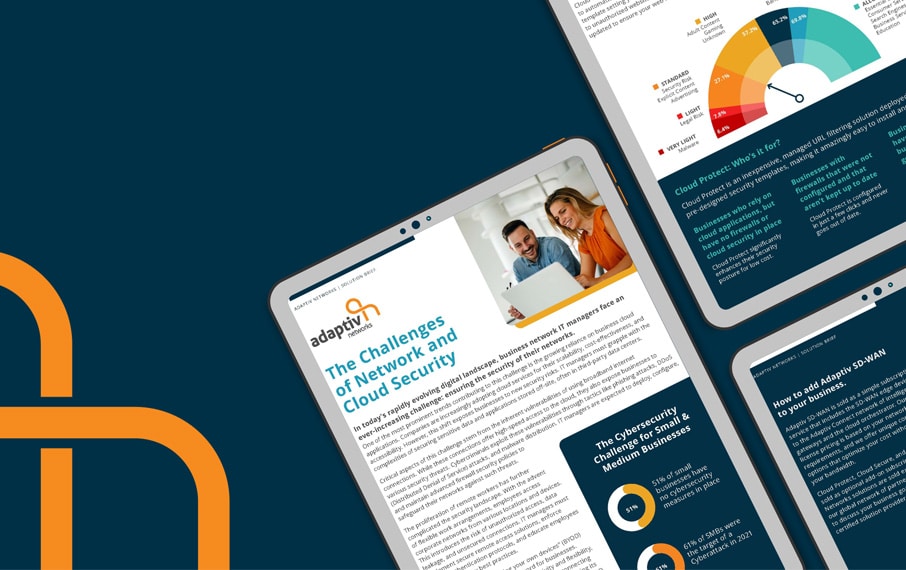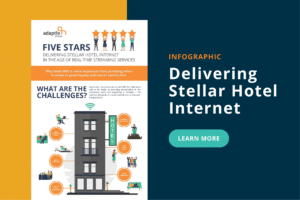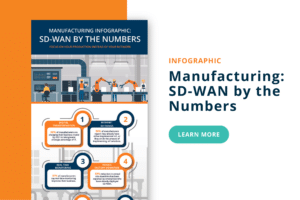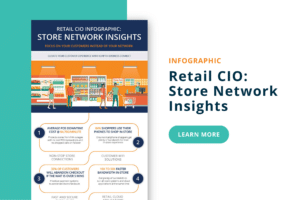Managing the extended network perimeter
It seems to be commonly accepted now that home working is here to stay. Whether organisations have decided to close offices and transition to a permanent remote working strategy or shift to a hybrid work pattern, it is clear that they must now consider the home office as an extension to the corporate network. This raises some interesting challenges for internal IT teams and Managed Service Providers (MSPs) around how to secure and manage the extended network perimeter.
As a short term, quick fix many companies went the route of increasing their VPN licenses. This is a proven solution that has worked well for years. However, with the transition of applications and infrastructure from the data centre to the cloud, are VPNs still the best option?
There are many problems with VPNs now that weren’t apparent previously.
Cost – VPNs connect to a VPN concentrator which is an expensive piece of equipment.
Scalability – Corporate VPNs create a bottleneck as all traffic routes through the VPN concentrator, which restricts your ability to scale as VPN usage increases.
Support – It is complex to manage a VPN concentrator and provide support for tens or hundreds of remote workers. The support overhead will quickly become unsustainable for many IT teams.
Performance – When a remote worker’s VPN connection routes business cloud applications like O365, Teams, Zoom and Salesforce back through the VPN concentrator, this increases latency and introduces bottlenecks which ruins the user experience. Slow VPN connections frustrate employees and reduce productivity.
Reliability – Home broadband is notoriously unreliable. The organisation has no control over the quality, availability or throughput of its employees’ internet links leaving the VPN connection vulnerable to external factors. Furthermore, as we know, home broadband must be shared with the rest of the family.
Security – VPNs typically rely upon simple username/password authentication which is outdated and a significant security vulnerability.
Organisations are beginning to look at various SD-WAN technologies to address these issues but, realistically, the majority of these are merely glorified VPN solutions with a few bells and whistles added. They still require a VPN concentrator, they still have scalability issues, support is still complex, arguably even more so with another product in the mix, and these solutions do nothing to improve the performance of cloud applications.
At Adaptiv Networks we believe we have a better answer. Our remote worker solution, Adaptiv My Connect, is a unique software application that loads onto the home office PC or laptop and securely connects, over any broadband, to Adaptiv’s SD-WAN cloud infrastructure. From our SD-WAN cloud, remote workers can securely access corporate resources and cloud services wherever they reside. No VPN concentrator is required in the data centre, no SD-WAN appliance is required in the home office; users simply download the Adaptiv My Connect application to their laptop/PC and they are ready to go.
Unlike traditional VPNs, Adaptiv My Connect provides improved user quality of experience with dynamic link conditioning and intelligent session-based path steering, “unbreakable” internet connectivity with seamless link failover. It’s a simple, low maintenance solution with centralised support via Adaptiv’s cloud-based orchestrator. All packets are fully encrypted between the home laptop, the Adaptiv SD-WAN Cloud, the data centre and the cloud service. Adaptiv My Connect utilises Multi-Factor Authentication (MFA) and Zero Trust Network Access (ZTNA) to ensure only users with the appropriate privileges have access to the resources to which they are entitled.
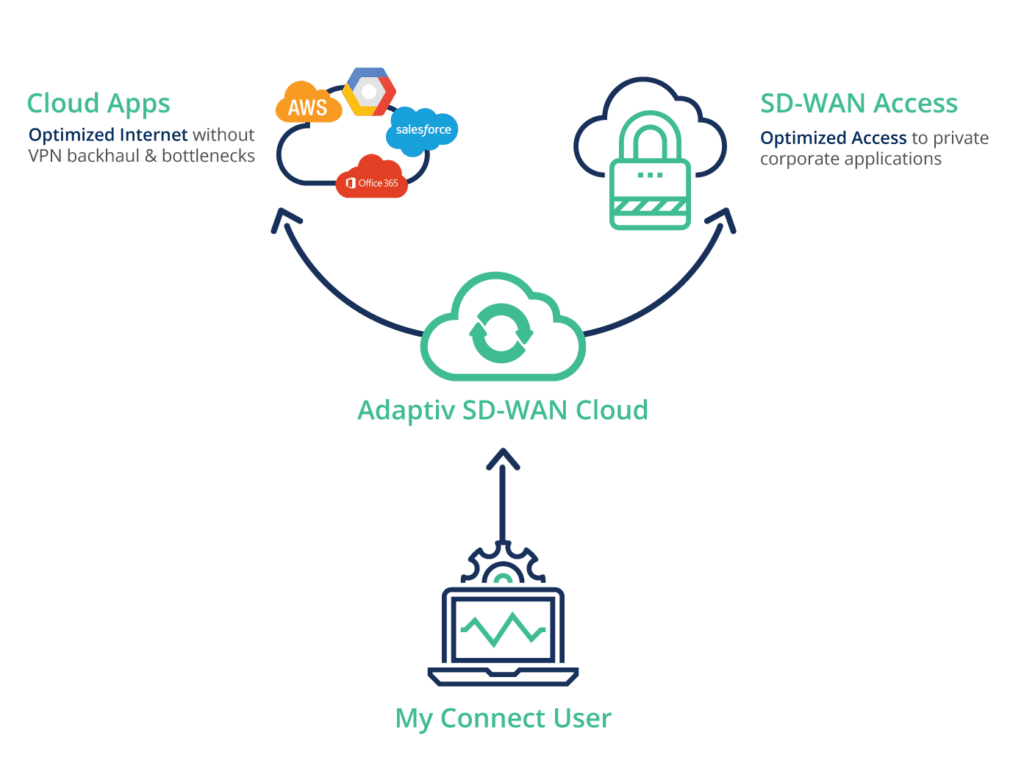
Employers need to know that remote workers are always on-line regardless of the status of their home broadband. Whether it is a company video conference, a sales presentation, a webinar or a customer service call, staff require high quality, reliable, resilient and secure internet connectivity to do their jobs. Whilst VPNs have provided a short term, quick fix, they are surely just a sticking plaster over a rapidly opening wound. Adaptiv My Connect is not just an improvement on the sticking plaster, it is an innovative solution that changes the whole concept of remote working, with an equal focus on security and user experience. It might have taken a lengthy global pandemic to highlight the size of the issue, but it can be resolved quickly and easily with a low cost, simple to use, centrally managed software application.

Adrian Tate is the VP for Europe and AsiaPac regions at Adaptiv Networks. He has been involved in Network Performance and SD-WAN for more than 8 years, representing his employers in press interviews, thought leadership roundtables, on-line debates and ‘expert’ panels at industry events.


